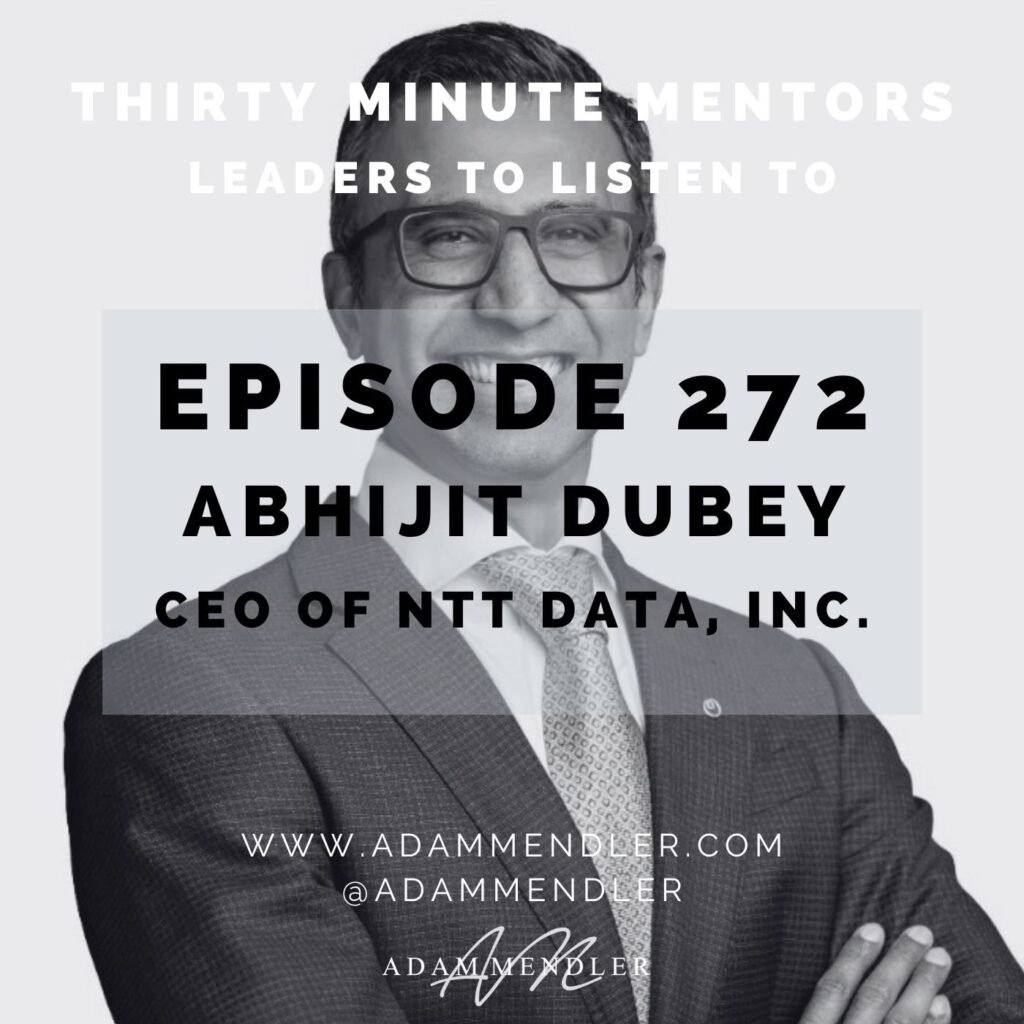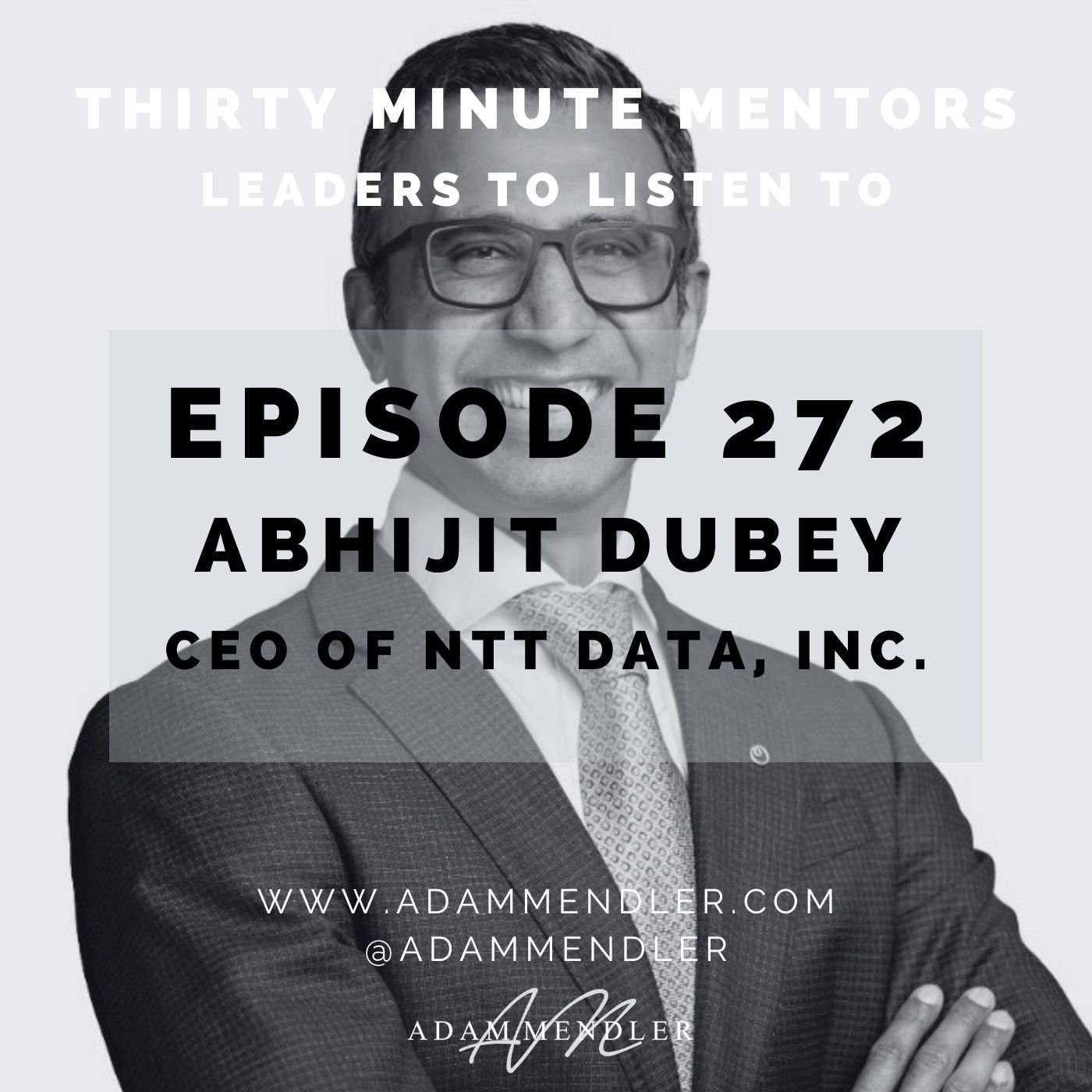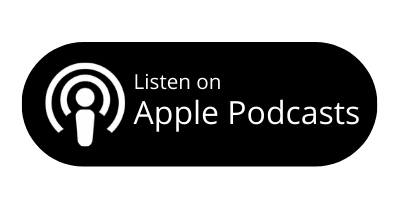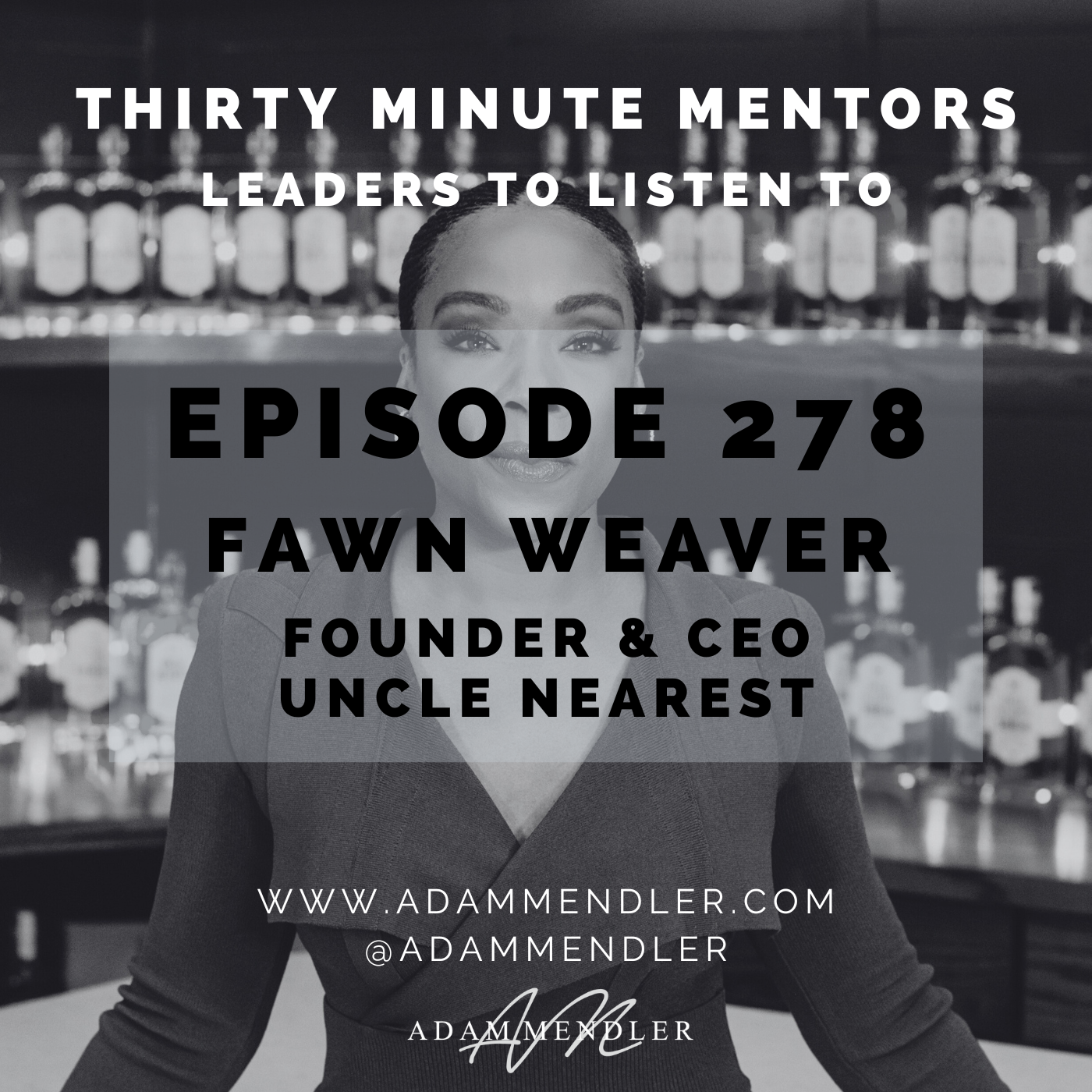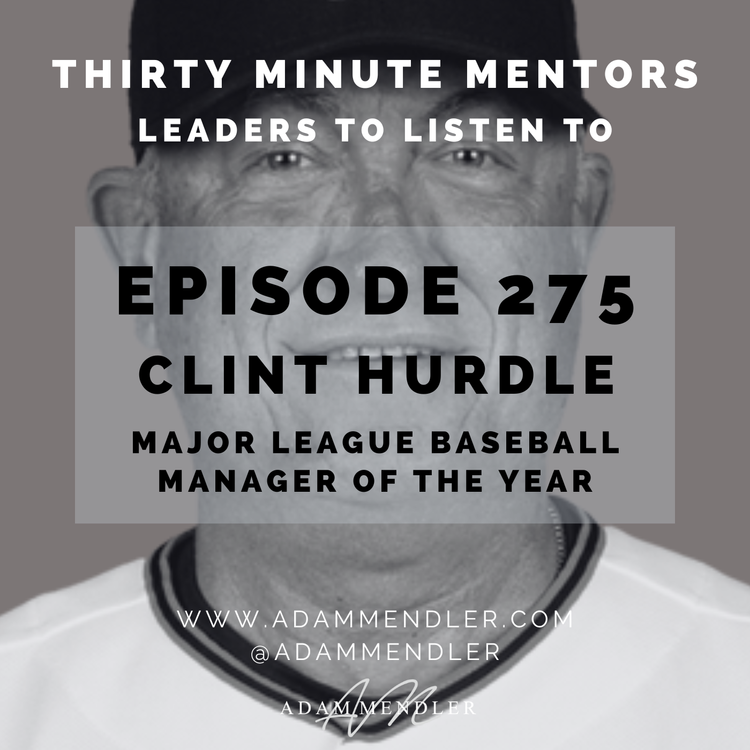Episode 272: NTT DATA CEO Abhijit Dubey
Abhijit Dubey is the CEO of NTT Data, Inc., a $30 billion business and one of the largest IT services providers in the world. Abhijit joins Adam to share his journey and his best lessons and advice. Abhijit and Adam discuss a wide range of topics: leadership, personal and professional development and success, communication, hiring, ethics, trust, innovation, and much more.
Join Adam and the best network of mentors – Fortune 500 CEOs, founders of household name companies, Hall of Fame and Olympic gold medal-winning athletes, political and military leaders – for intimate half-hour conversations each week.
Thirty Minute Mentors is available on all major podcasting apps. If you enjoy the podcast, subscribe, rate, review, and spread the word.

